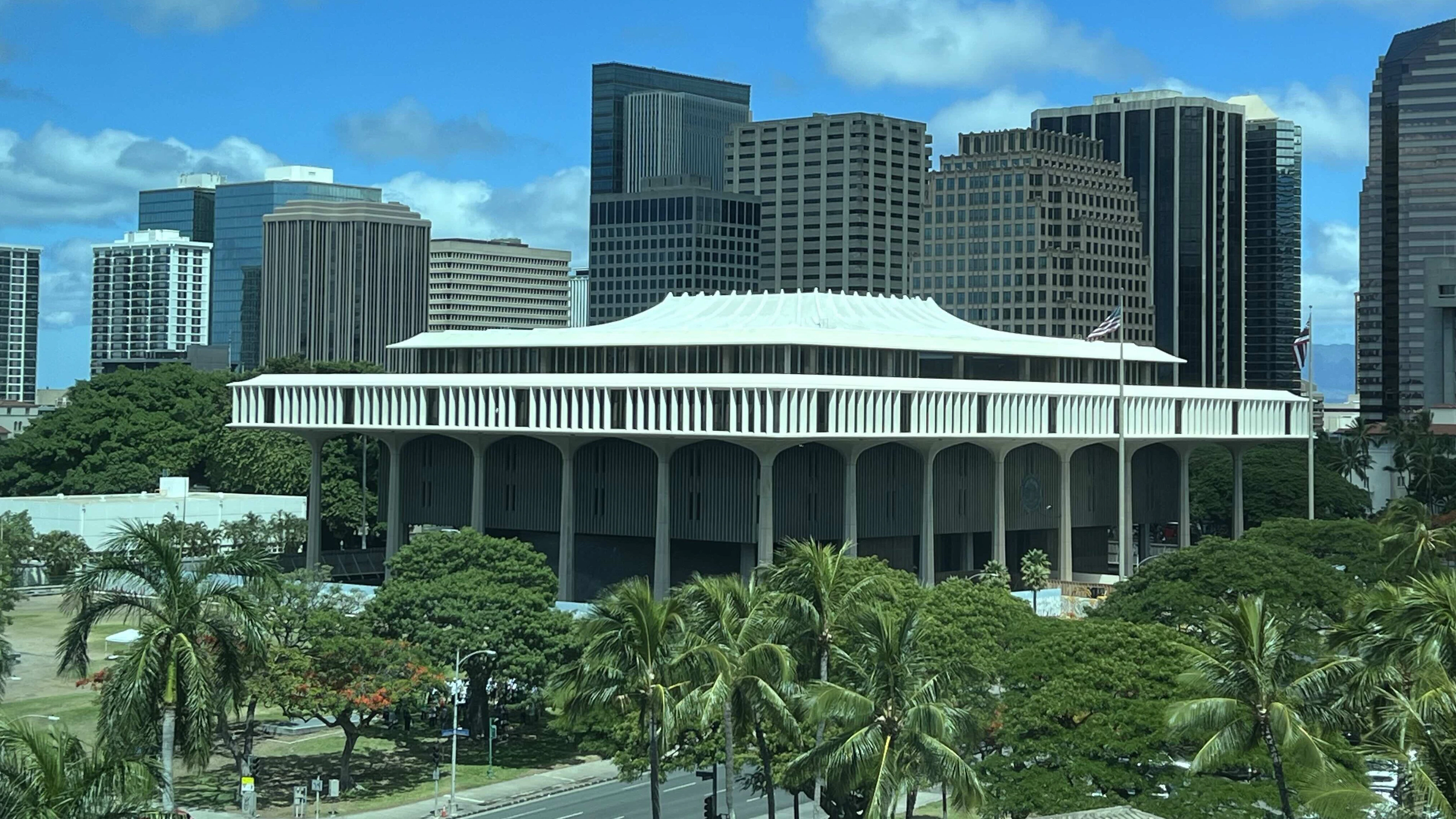Is there a conflict of interest with the state of Hawai‘i charging a General Excise Tax and advocating for a lower cost of living?
To maximize state revenue, residents and tourists must pay higher prices.
Lower prices equal lower revenues, right?
Let’s take a look.
In a recent report, the University of Hawaiʻi Economic Research Organization (UHERO) forecasts indicate that state tax changes and regressive taxes, such as the GET, will significantly impact households.
UHERO notes that Hawai‘i's GET is particularly regressive.
Because it is levied on virtually all business transactions, from wholesale to retail, it disproportionately affects low-income families.
The tax takes a higher percentage of income from low-income families compared to high-income earners.
According to a recent UHERO-cited budget study, low-income households lose about 14% of their earnings to state and local taxes, compared to about 10% for high earners.
The key word is regressive. In an atmosphere of progressiveness and, yes, equality, then why is Hawai‘i the only state to impose a General Excise Tax?
The most obvious answer is that the state can promote that we have the lowest "sales" tax rate with the GET.
It’s presented that way because most do not understand the difference between a sales tax and the GET.
Sales tax is on the sale of tangible personal property, and, as in most U.S. states, sales tax is a percentage of the purchase price, collected at the point of sale from the buyer by the seller.
In other words, the buyer pays the sales tax while the seller is merely a collection agent.
The seller collects the sales tax from the buyer and then passes it on to the state (TaxJar.com).
A sales tax is the cleanest and fairest way to effectuate retail taxation.
However, the GET has more implications, and perhaps that’s why our state is so clingy.
Consider the difference.
While a buyer might experience it similarly, Hawai‘i’s GET differs from most other states’ sales and use taxes.
Rather than a tax on a sale paid by the buyer, GET is a tax for “the privilege of doing business” in the state of Hawai‘i, and levied on the seller.
According to the Hawai‘i Department of Taxation, “Activities subject to GET include wholesaling, retailing, farming, services, construction contracting, rental of personal or real property, business interest income, and royalties.”
Last but not least, while sales tax is due on retail sales of tangible personal property, GET is due on all business transactions, even if you are selling to another business (a transaction that would generally not be taxable in other US states with a sales and use tax).
A critical component of the GET is called pyramiding.
The Grassroot Institute of Hawai‘i explains: “Wholesalers receive a special 0.5% rate, but in any case, the pyramiding or cascading effect of the tax as it makes its way through the chain of transactions increases the price that consumers ultimately pay. Assuming the base rate of 4%, some people estimate that its effective rate for consumers at the end stage — what consumers pay at the cash register — could be anywhere from 4.32% to 13%. It all depends on the product and how many times its ingredients and components have changed hands in Hawai‘i.”
The question is, does the state of Hawai‘i maintain the GET (the largest percentile of the entire state tax collections) to optimize revenue?
In other words, does the state profit from a higher cost of living?
It’s a fairly simple question that can be answered by simple math.
Let’s imagine that Hawai‘i, like California, has a flat sales tax at a rate of 7.5%.
A $1,000 transaction would generate $75.
That $1,000 transaction via our pyramided GET would generate, on average (based on GRI of Hawai‘i estimates), $108.20, or 10.82%.
That computes to a 44.3% higher amount collected via GET compared to the Sales Tax.
If the GET is the most regressive tax affecting virtually every form of transaction and paid primarily by Hawai‘i’s citizens of all financial demographics, is it fair to say the state would be subjected to lower collections based on lower prices?
Ask the question of your state senator or representative, “Why are we the only state to charge a GET instead of a Sales Tax?”
I may not have the answers, but ask those in The Big Square Building.
If they don’t know, they should.
For the latest news of Hawai‘i, sign up here for our free Daily Edition newsletter!





